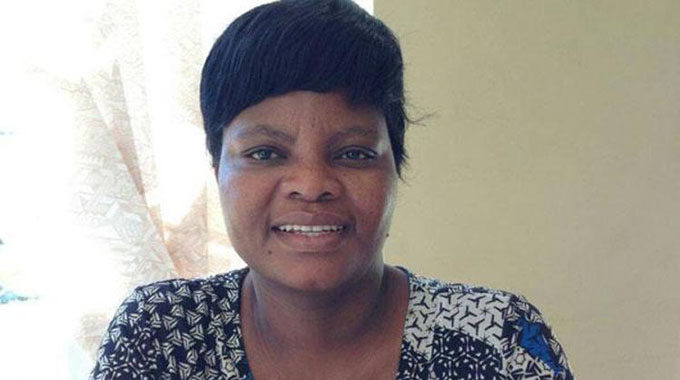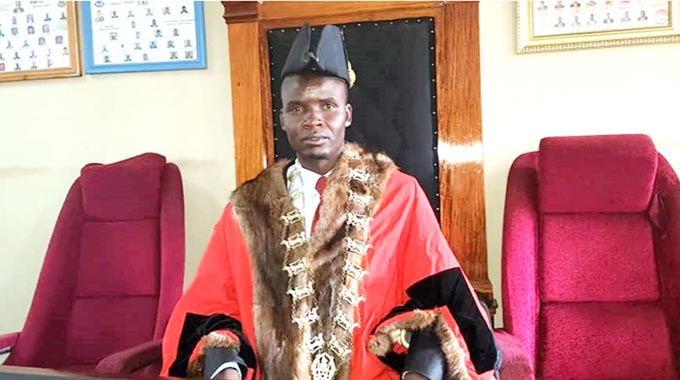Gwenhoro Dam running dry: Zinwa

Munyaradzi Musiiwa Midlands Correspondent
A potential water disaster is looming in Gweru amid indications that main potable water supplier, Gwenhoro Dam, is now at 18 percent capacity and the Zimbabwe National Water Authority (Zinwa) is on the verge of decommissioning the main water source.
The dire situation has been worsened by the local authority’s failure to secure over $5 million to purchase new water pumps that could be installed at Amapongobge Dam, which is an alternative.
If the local authority fails to source water pumps for Amapongobge, the city could face a serious water disaster.
Only last year water woes caused the typhoid outbreak which left eight residents dead with over 2 000 requiring medical attention.
The city has since introduced water rationing after the pumping capacity dropped to 20 megalitres a day against the city’s demand of 60 megalitres, which has resulted in areas such as Mkoba 14 and Ascot suburbs going for weeks without water.
Speaking during a full council meeting last week, Ward 17 councillor Farai Muza said the water levels at Gwenhoro Dam were now critical adding that Zinwa had indicated that it will soon decommission the city’s major source of water.
“We are very worried that Zinwa is now going to decommission Gwenhoro Dam.
“This is serious and we need to start considering other options. We need the committee responsible for that to come up with stop-gap measures to address the water challenges,” he said.
Gweru Mayor Cllr Josiah Makombe said the city’s alternative water source Amapongobge required five pumps for it to meet the city’s daily demand.
Cllr Makombe said Amapongobge had only one pump which was functional, and had no capacity to sustain the city.
“Water levels at Gwenhoro Dam are now at 18 percent. This is a disaster. At the moment we have introduced water rationing because we are only able to pump 20 megalitres a day.
“There is need for council to act fast and address this problem,” he said.
Gweru Town Clerk Ms Elizabeth Gwatipedza said financial constrains were hampering council’s efforts to address the persisting water challenges.
“When we enquired sometime back, a single water pump was costing US$750 000 and we wanted to purchase four.
“We only received $400 000 from Government for the procurement of those pumps and it is not enough. Probably now each costs $5 million.
“We engaged partners and financiers such as IDBZ, but they have told us that they were incapacitated to give us such huge sums of money, but said they could give us money to sink commercial boreholes,” she said.
Ms Gwatipedza said Unki Mine had agreed to lease the local authority a water pump while they had also approached Mimosa Mine for help.











Comments